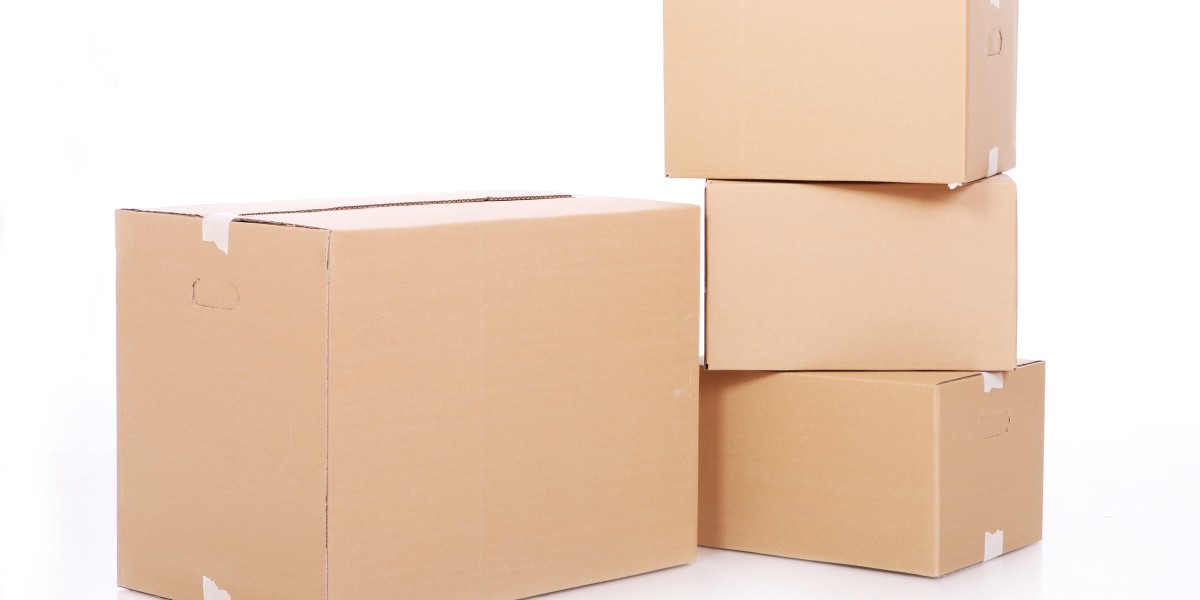One of the most widely used packaging materials nowadays is corrugated boxes. They are constructed from a sheet of corrugated paperboard, a multilayered material that has two linerboards and a fluted middle. The linerboards offer a smooth surface and shield the contents from moisture and harm, while the flutes, or waves, give the box strength and stiffness.
Applications for corrugated boxes are numerous and include product shipping, storage, and exhibition. Additionally, they are recyclable and safe for the environment. However, there are several types of packaging materials than corrugated boxes. There are numerous additional materials that can be utilised for packing, and each has benefits and drawbacks of its own.
Here is a comparative analysis of corrugated boxes vs. other packaging materials:
Corrugated Boxes
Advantages:
- Strong and durable
- Lightweight and easy to transport
- Recyclable and environmentally friendly
- Customizable
- Inexpensive
Disadvantages:
- Not as water-resistant as some other materials
- Can be damaged by sharp objects
- Not as visually appealing as some other materials
Plastic
Advantages:
- Water-resistant
- Durable
- Inexpensive
- Available in a variety of colors and finishes
Disadvantages:
- Not recyclable
- Can be difficult to recycle
- Not as strong as corrugated boxes
- Can be heavier than corrugated boxes
Wood
Advantages:
- Very strong and durable
- Can withstand a lot of weight
- Recyclable
- Visually appealing
Disadvantages:
- Heavy
- Expensive
- Difficult to transport
- Not as environmentally friendly as corrugated boxes
Foam
Advantages:
- Lightweight and easy to transport
- Protects products from shock and vibration
- Inexpensive
- Customizable
Disadvantages:
- Not as strong as corrugated boxes
- Not as durable
- Not recyclable








